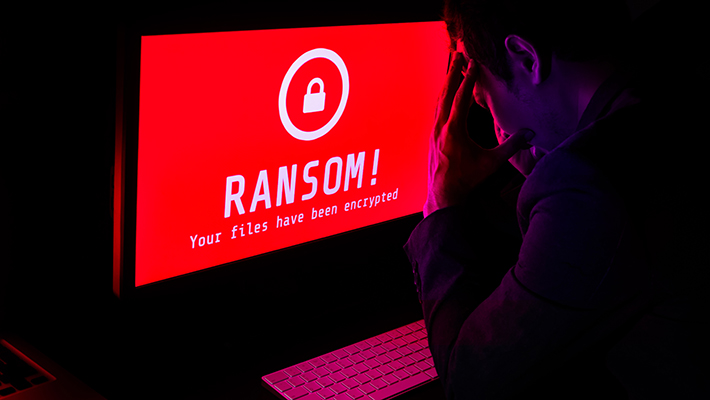China's largest bank hit by ransomware attack
LockBit used a well-documented vulnerability to hit ICBC

Sign up for breaking news, reviews, opinion, top tech deals, and more.
You are now subscribed
Your newsletter sign-up was successful
ICBC, the largest bank in China, suffered a devastating ransomware attack which disrupted its financial services (FS) systems, with a knock-on effect of affecting US Treasury markets, and sending ripples across the global financial world.
Multiple news outlets reported that ICBC was attacked by LockBit, a ransomware operation with possible ties to Russia. However, as LockBit is a ransomware-as-a-service operation, the culprits could actually be any one of its affiliates.
It's not yet known how much money the attackers are demanding in exchange for the decryption key, or if they managed to steal any sensitive data during the attack.
Reader Offer: $50 Amazon gift card with demo
Perimeter 81's Malware Protection intercepts threats at the delivery stage to prevent known malware, polymorphic attacks, zero-day exploits, and more. Let your people use the web freely without risking data and network security.
Preferred partner (What does this mean?)
CitrixBleed
A notice on the ICBC website says that upon noticing the incident, ICBC FS “disconnected and isolated impacted systems to contain the incident," adding that an investigation was underway, as well as recovery efforts. ICBC’s financial services business and email systems operate independently from the bank, as well as overseas affiliates which didn’t seem affected by the attack.
Cybersecurity researcher Kevin Beaumont argues that the attackers leveraged a known vulnerability in Citrix Netscaler boxes, called CitrixBleed, to move past any authentication protocols. CitrixBleed is tracked as CVE-2023-4966 and carries a severity score of 9.4. It was patched a month ago. In the time after the release of the patch, both Citrix and other security firms warned about the vulnerability being abused in the wild. Even CISA sounded the alarm, saying ransomware actors were abusing it, and urging users to apply the patch immediately.
As per the Financial Times, the attack disrupted US Treasury markets, too. The US Securities Industry and Financial Markets Association (SIMFA) told their members the attack could block trade settling on behalf of other market players, The Register reported. Some equity traders weren’t able to place, or clear, trades, other media reported.
Ransomware operators have been getting bolder, lately. In fact, with more than 500 recorded attacks, September was a record month.
Sign up to the TechRadar Pro newsletter to get all the top news, opinion, features and guidance your business needs to succeed!
Via The Register
More from TechRadar Pro
- Ransomware, AI, and social engineering all set to be 2024's biggest security threats
- Here's a list of the best firewalls today
- These are the best endpoint protection tools right now
Sead is a seasoned freelance journalist based in Sarajevo, Bosnia and Herzegovina. He writes about IT (cloud, IoT, 5G, VPN) and cybersecurity (ransomware, data breaches, laws and regulations). In his career, spanning more than a decade, he’s written for numerous media outlets, including Al Jazeera Balkans. He’s also held several modules on content writing for Represent Communications.
